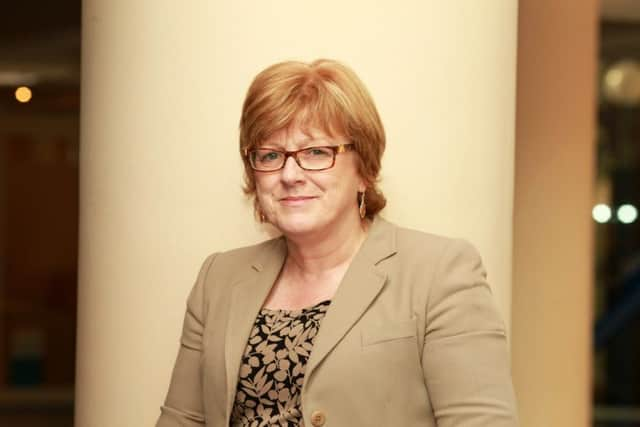Leeds study helps to show pharmacy care home roles could improve care and save NHS £135million a year


A 21-month pilot project starting in July 2013 saw three pharmacists work in west Leeds specifically to review older people’s medicines and prevent avoidable hospital admissions, saving the local health service more than £120,000.
It was one of three studies which the Royal Pharmaceutical Society (RPS) has used to suggest that the model could save the NHS £135million a year if it was brought in nationally.
Advertisement
Hide AdAdvertisement
Hide AdHelen Whiteside, one of the clinical care home pharmacists brought in as part of the NHS Leeds West Clinical Commissioning Group project, helped to review the medication of 1,102 patients and make almost 2,500 recommendations to GPs.


“There are some simple solutions that can be put in place to prevent excessive ordering and the build up of medicines, and a lot is around improving communication,” she said.
“We need to work more closely together and not in our current professional silos.”
She said she was “surprised” at the amount of waste she found in processing managed medicines between care homes, GPs and pharmacists in Leeds, adding that the project’s work also acted as a preventative measure for patients whose medical needs are changeable.
Advertisement
Hide AdAdvertisement
Hide AdThe RPS’ ‘The Right Medicine – Improving Care in Care Homes’ report has seen the Alzheimer’s Society, Patients Association and Care England call for widescale change.


Sandra Gidley, chair of the RPS English Board, said: “The evidence is clear. Now is the time for the NHS to act and improve the care of residents by ensuring a pharmacist has responsibility for the whole system of medicines and their use within a care home.”